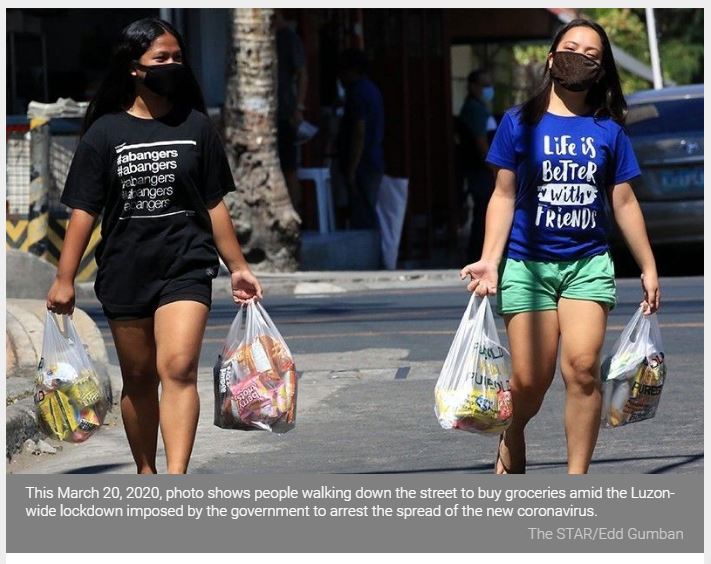Philippines: Inflation accelerates further in July with economy restarting
MANILA, Philippines (UPDATE 2 2:20 p.m., Aug. 5) — Prices of basic goods and commodities quickened for the second straight month in July to a 6-month high, propelled by a recovering consumer demand on the second month of economic reopening.
Inflation, as measured by the consumer price index, accelerated to 2.7% year-on-year in July, up from 2.5% in June, the Philippine Statistics Authority reported on Wednesday.
The figure was the fastest rate since the 2.9% recorded in January. Since then, inflation has gone down until May due to crippled demand from lockdowns.
The July result fell at the low-end of the 2.2-3% forecast of the Bangko Sentral ng Pilipinas (BSP) for the month. For the first 7 months, inflation averaged 2.5%, well within the 2-4% target for the year.
“The latest inflation outturn is consistent with the BSP’s prevailing assessment that inflation is expected to remain benign over the policy horizon due largely to the potential adverse impact of COVID-19 on the domestic and global economic prospects,” BSP Governor Benjamin Diokno said in a Viber message to reporters.
Inflation became less of a problem this year compared to two years ago as the Duterte administration relied on movement restrictions to contain the coronavirus pandemic. With fewer businesses opened and lackluster demand from consumers, there were fewer reasons to hike prices, except in some instances when supply became tight.
Slower inflation, meanwhile, gave the central bank more space to lower interest rate and encourage borrowing from banks, while allowing more money to flow into the financial system with lower mandated reserves. Benchmark rates alone were slashed 175 basis points to new record-lows since March.
“The Monetary Board will consider the latest inflation outlook along with the release of (second-quarter) 2020 GDP (gross domestic product) at the upcoming monetary policy meeting on 20 August 2020,” Diokno said.
Transport restart boosts prices
In July, state statisticians noted that inflation nudged up as a result of higher transport costs. Tricycle fares rose 33.9% year-on-year, riding on demand left by jeepneys, most of which were still not allowed to ply routes last month. In June, tricycle fares went up only 26.8% annually.
Domestic airfares, meanwhile, increased 12.6 year-on-year as flights resumed. Costs of riding a ferry rose from 0% in June to 27.7% annually in July.
Utility prices also contributed to the overall price upticks. Cooking gas prices increased 6% year-on-year in July, while water rates inched up 0.9%.
By area, inflation was faster outside Metro Manila at 2.9% compared to 2.5% in the capital region.
MECQ to temper inflation anew
Sought for comment, Cid Terosa, dean at the School of Economics at the University of Asia and the Pacific, said the 15-day modified enhanced community quarantine (MECQ) in Metro Manila, Bulacan, Rizal, Laguna and Cavite could temper inflation anew, especially when extended.
“If the MECQ is lifted after 2 weeks however, inflation in August may match or be a bit higher than last month,” Terosa said in a text message.
Even if inflation speeds up this month though, Ruben Carlo Asuncion, chief economist at UnionBank of the Philippines, said there is no need to worry. “Consumption demand, due to the continuing impact of the pandemic, is anticipated to remain tepid,” Asuncion said in a text message before the data was released.
“Moreover, global oil prices, a significant driver of local prices, is also expected to be subdued, keeping price levels generally tepid,” he added.
The impact on prices of the 15-day return to stricter lockdowns remain unclear, although transport restrictions in the past months have been key downward driver of inflation.
Source: https://www.philstar.com/business/2020/08/05/2033078/inflation-accelerates-further-july-economy-restarting


 English
English




